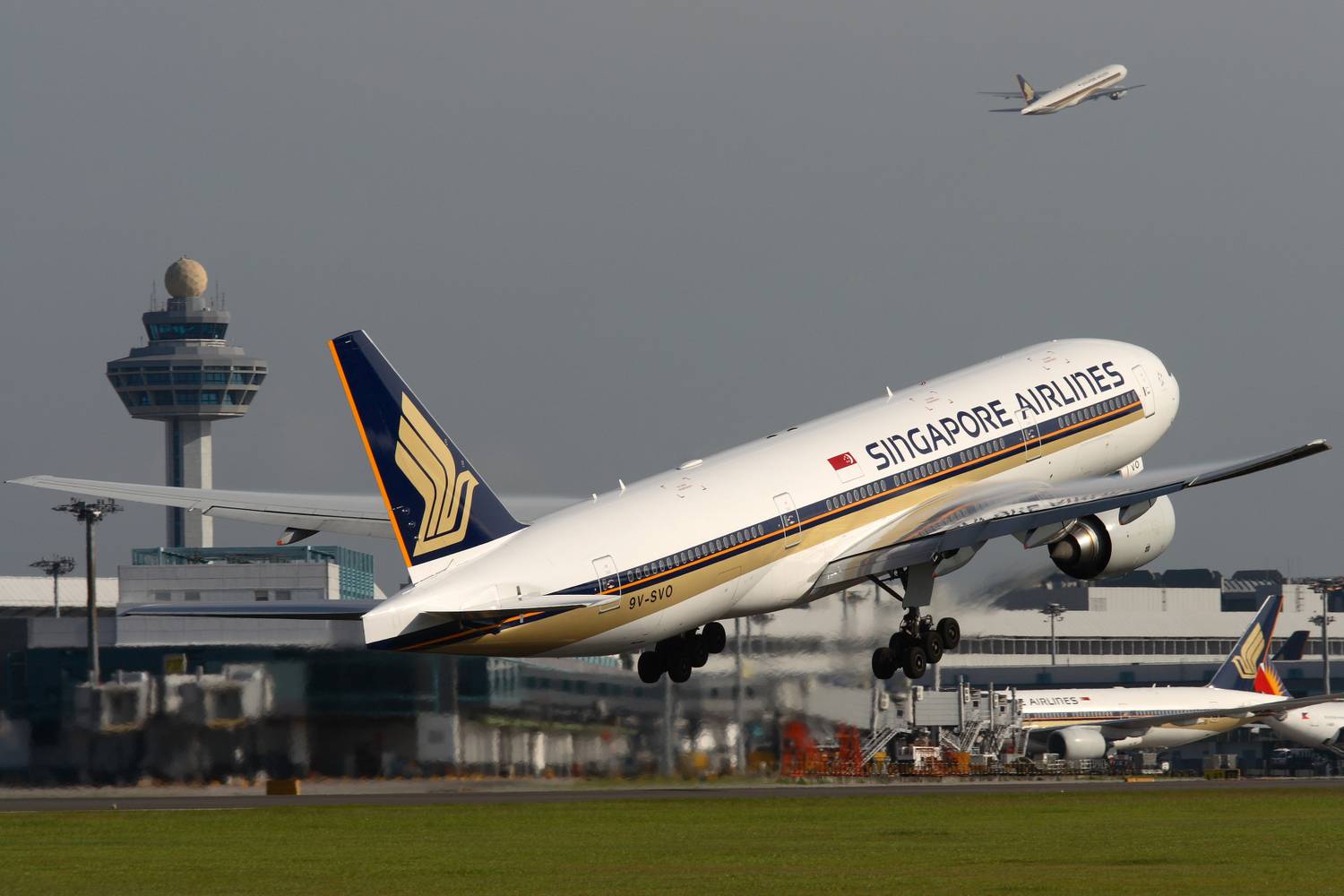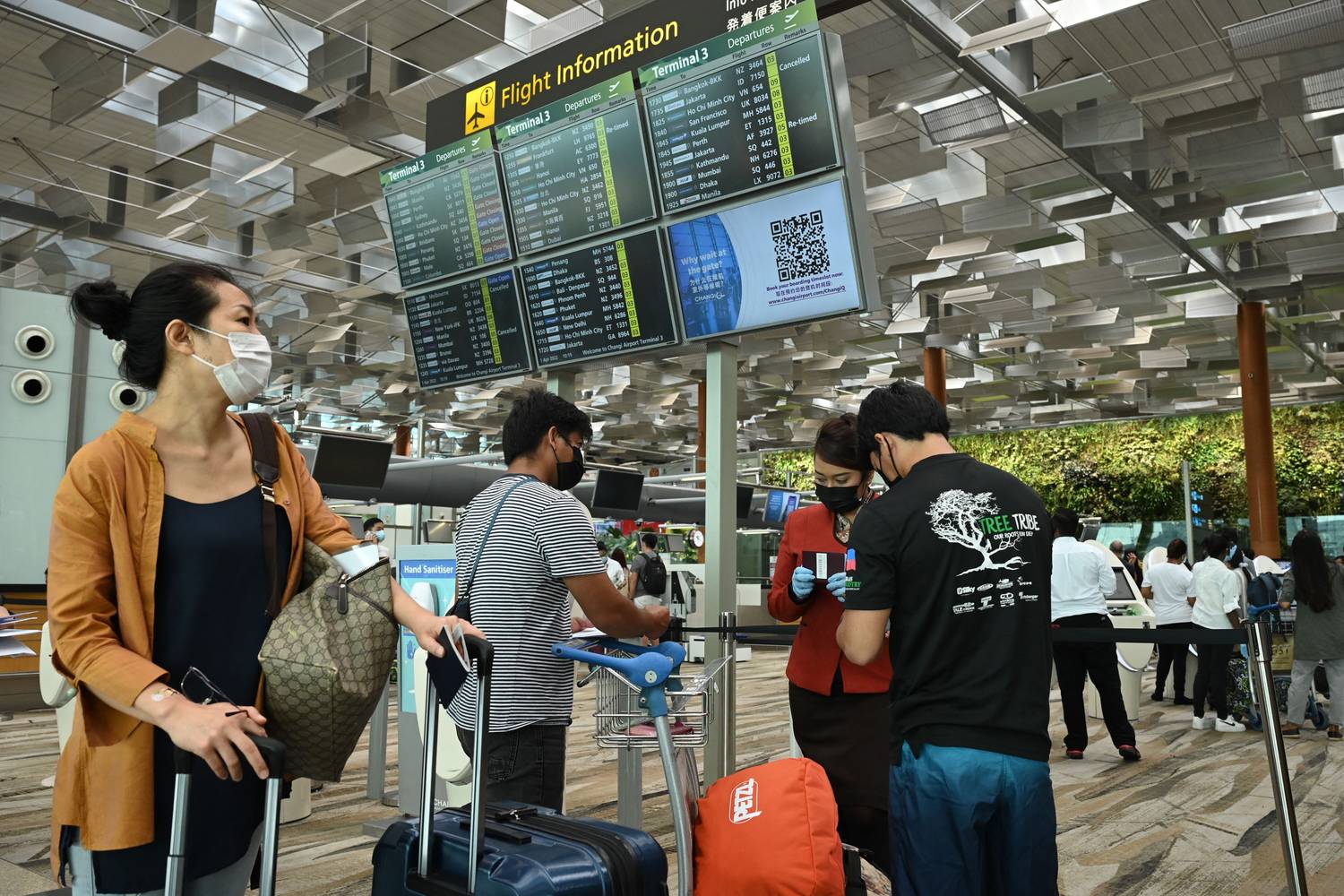
Hosted at the company’s international headquarters in Atlanta, Georgia, Delta Air Lines has stated that the ‘sustainable skies lab’ will host teams working to both scale and improve existing technologies and those working on “revolutionary” technologies which do not yet exist commercially. Research, design and testing will all be possible at the lab.
On existing technologies, the aim of the lab is to “connect, align, showcase” and accelerate work already underway at Delta by enabling co-working between teams on issues such as electrifying ground equipment and improving operational efficiencies.
Like many other airlines, Delta is using a mix of changes to operational procedures and aircraft upgrades to drive fuel efficiency, with 10 million fewer gallons of fuel used in 2022 than in 2021 by the firm. Older planes including its Boeing 777s have been retired to make way for next-gen aircraft including the A350 and the A300-900neo. Delta claims that these aircraft are 20% more fuel-efficient in terms of fuel used per passenger, per mile travelled.

For technologies that do not yet exist commercially, such as large electric passenger planes and hydrogen passenger planes, the lab will facilitate partnerships aimed at accelerating development. Delta is already partnering with some large aircraft manufacturers, such as Airbus, as well as emerging aircraft innovators like electric plane firm Joby. There will also be partnerships between the private sector and academia.
The strategy for the lab is being spearheaded by Delta’s chief sustainability officer Pam Fletcher. She is being supported by a new council including specialists from across the business, including those working in technical operations, flight operations, fuel, fleet management and customer service.
On collaborating for technology breakthroughs, Fletcher said: “With aviation being a hard-to-decarbonise industry, none of us can do this alone.
“We’re rolling out the welcome mat for disruptors of choice to take advantage of Delta’s global resources to accelerate our path to decarbonization and a fully sustainable travel experience.”
Target evolution
Delta committed to becoming a net-zero business by 2050 in 2021, through the UN-backed Race to Zero initiative. It subsequently had emissions targets for 2035 approved by the Science-Based Targets initiative (SBTi) as aligned with ‘well below 2C’. These targets entail cutting direct emissions (Scope 1) plus indirect emissions from jet fuel by 45%, on an intensity basis, against a 2019 baseline.
Delta is hoping to achieve verification under the SBTi’s net-zero standard, which will require it to strengthen its targets with a commitment for a 90% reduction across all scopes by 2050. The SBTi is notably in the process of phasing out ‘well below 2C’ targets through to 2025, with 1.5C targets needed for net-zero standard verification.
Fletcher has stated that, to meet its climate targets, Delta will need to consider different low-carbon solutions across different timelines. A blog post published in September 2022 by Fletcher states that the company is improving fuel efficiency and electrifying ground operations now, while also cutting single-use plastics. In the medium term, its approach is to scale sustainable aviation fuel (SAF) production in partnerships across the industry and with governments, to bring down costs. The, in the long-term, hydrogen and electric aircraft could be commercialised.
“We’re optimistic about early-stage companies pushing the boundaries with futurist thinking on aircraft, propulsion and more, and look forward to fostering collaboration with the industry, academia, and start-ups to accelerate the sustainable future of flight,” Fletcher’s blog states.
Airlines in the UK are, by and large, following the Government’s strategy on decarbonisation – the Jet Zero Strategy. The Strategy bets heavily on efficiencies and SAF. Last month, the UK Government provided its latest tranche of funding for SAF developers, focusing on energy-from-waste and fuels created from carbon captured at industrial plants.
Source edie













